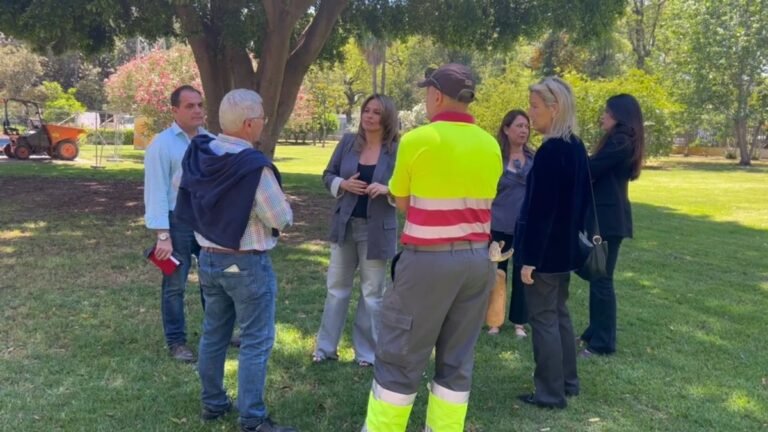
The Service of Strategies and Plans of the Ministry of Health and Consumption, under the General Secretariat of Healthcare and Consumption Planning, has held a meeting with midwives and patient associations to address perinatal grief. The meeting, which took place within the framework of formulating the Sexual and Reproductive Health Strategy, aims to improve healthcare and emotional protocols.
The meeting, held in a mixed format (virtual and in-person), with the participation of healthcare professionals, representatives from the Matrioskas and Alcora associations of individuals who have experienced perinatal grief, and the leaders of the Sexual and Reproductive Health Strategy, has taken a significant step towards providing more humane and respectful care in cases of perinatal and neonatal loss, promoting awareness, training, and enhancing healthcare and emotional protocols.
The meeting, where professionals and mothers shared their experiences regarding perinatal or neonatal loss, aims to identify areas for improvement in healthcare and emotional support, and propose protocols to offer more humane, respectful, and effective support.
The proposals put forward include creating unified protocols and clear guidelines for professionals on how to handle perinatal loss, in addition to mandatory training for all healthcare staff that includes communication and emotional aspects. It was also emphasized the importance of having immediate and accessible psychological support for mothers, fathers, and family members, as well as ensuring that all hospitals have a ‘memory box’, along with mechanisms and practices to facilitate saying goodbye to the baby, such as a cold cot or ‘hug cot’.
Finally, it was also proposed that deceased babies be included in the family register and that Diraya, the information management system and electronic medical record of the Andalusian Health Service (SAS), incorporate an alert to identify mothers in grief – thus avoiding the need to repeat their story at each appointment – and ensure their follow-up from primary care.







